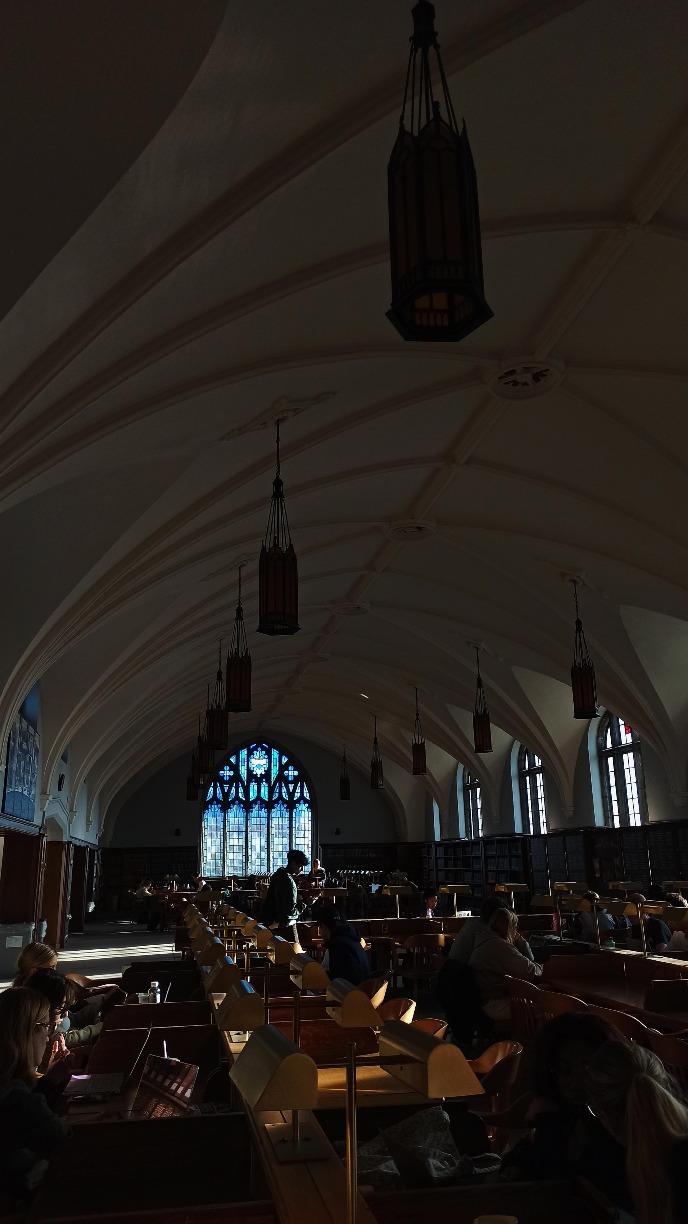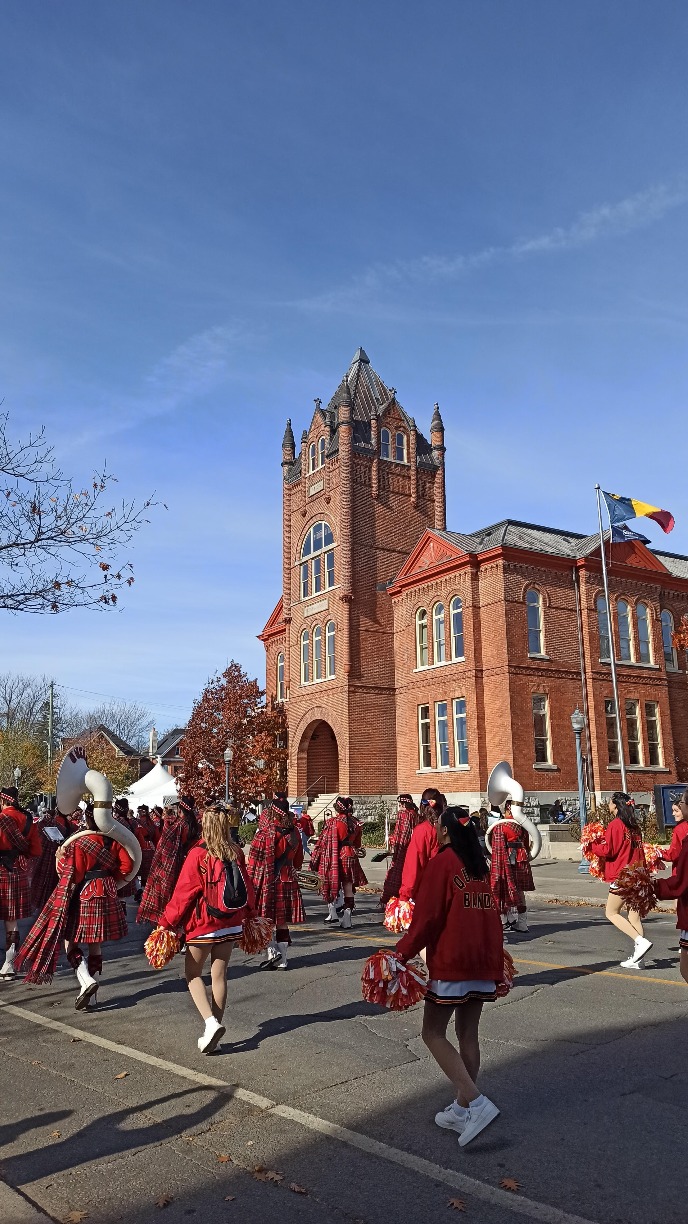Exchange Semester at Queen’s University - Canada, Kingston

From the start, I was expecting my semester abroad to be a unique opportunity not only for exploring a different country and growing personally, but especially to gain a different academic perspective. Given the different geopolitical perspective of Canada as well as the distinctive settler-colonial history and present, my expectations were far exceeded. I truly gained important new insights about my field of study, about the need for decolonization, and about the differences between academic institutions and their ways of teaching and knowing.

Queen’s University is situated on the ancestral lands of the Haudenosaunee and Anishinabek peoples, with the neighbouring Indigenous community being the Mohawks of the Bay of Quinte. Within close proximity of the shore of Lake Ontario, the campus is characterized by its beautiful buildings, a lively atmosphere, and a vibrant and active student community which is heavily based on the school traditions and Gaelic/Scottish culture. Despite being a fairly large university, the days on campus were filled with encounters with familiar faces and friendly folks. Since I chose mostly upper-year courses, my classes were small seminars which encouraged discussions with peers and close interaction with the professors – a learning experience that was unexpected, but very positive for me.
My aim was to deepen my knowledge of international relations and societal issues that I study in my major, while also making use of the unique opportunities at Queen’s which are not available at the RUG. Therefore, I focussed my minor especially on Indigenous Studies, with my favourite course being Settler Colonialism and Indigenous Politics. It was challenging to dive so deep into these complex societal and political issues that I was completely unfamiliar with at the beginning of the semester. However, the detailed engagement with Indigenous literature, critical feminist and race theory, and eye-opening class discussions facilitated a steep learning curve. Especially since the Indigenous Studies courses linked well with my other courses on Environmental Policy, Gender and International Relations, and NGO Policymaking, I gained a well-rounded understanding of the ongoing settler colonial dominance in Canada which results in environmental exploitation as well as oppression and displacement of Indigenous peoples. Most importantly, I learned that these are not issues of the past, but ongoing events and dynamics.

The nexus between all my courses this past semester can be summarized as intersections of the topics of environment, policymaking, gender, intersectionality, and decolonization. For my final papers in different courses, I focussed on examining global climate negotiations, especially the Conference of the Parties to the UNFCC, and social and environmental injustices of these international forums. With the insights I gained at Queen's, I am convinced that more just and effective environmental policymaking can be possible if we seriously decolonize our governance structures and (amongst others) give power to Indigenous peoples, specifically women, in these negotiations. This is necessary because our current international governance structures are still rooted in Global North dominance over the Global South, and purely based on Eurocentric ontologies and epistemologies, thereby reproducing colonial power dynamics. One aspect of overcoming this is the empowerment of Indigenous groups generally, but I mention women specifically because Indigenous women have been disproportionately affected by gendered state violence and environmental injustices. Also, in many Indigenous communities, women have traditionally held leadership positions and been stewards of the land for centuries - which means they have a unique standpoint to meaningfully contribute to global governance forums. For my final semester in Groningen, I will dive deeper into this topic with my Bachelor Thesis. I am extremely grateful that this exchange semester has helped me narrow down my interests and focus on aligning my political and social values with my area of research.

